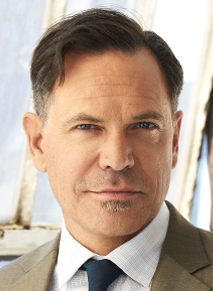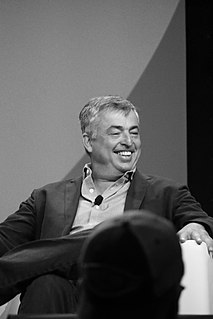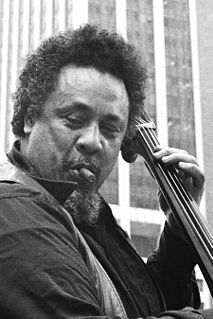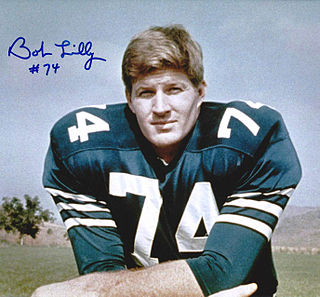A Quote by George Carlin
Regarding jam sessions: Jazz musicians are the only workers I can think of who are willing to put in a full shift for pay and then go somewhere else and continue to work for free.
Related Quotes
I visited New York in '63, intending to move there, but I noticed that what I valued about jazz was being discarded. I ran into `out-to-lunch' free jazz, and the notion that groove was old-fashioned. All around the United States, I could see jazz becoming linear, a horn-player's world. It made me realize that we were not jazz musicians; we were territory musicians in love with all forms of African-American music. All of the musicians I loved were territory musicians, deeply into blues and gospel as well as jazz.
For me, let's keep jazz as folk music. Let's not make jazz classical music. Let's keep it as street music, as people's everyday-life music. Let's see jazz musicians continue to use the materials, the tools, the spirit of the actual time that they're living in, as what they build their lives as musicians around.
The strongest argument for free enterprise is that it prevents anybody from having too much power. Whether that person is a government official, a trade union official, or a business executive. If forces them to put up or shut up. They either have to deliver the goods, produce something that people are willing to pay for, are willing to buy, or else they have to go into a different business.
Our nights didn't begin until after noon. Because in the old days, you'd start Birdland at 8:30 or 9 pm and play until 4 in the morning. Then you'd go out to the corner and talk to a couple of musicians - I used to talk to Oscar Pettiford a whole lot - you'd stand there till 7, 8 or 9, or else go down to the jam session at Minton's.

































